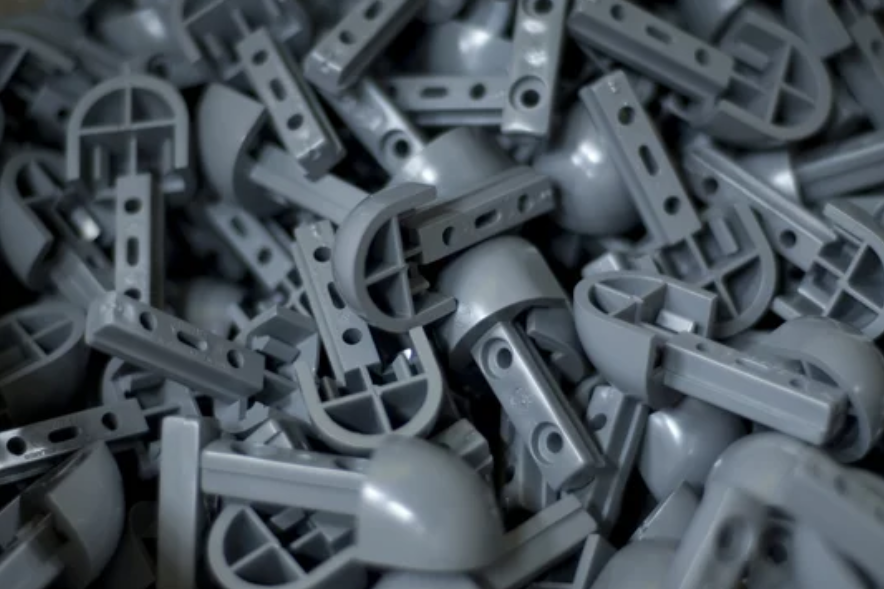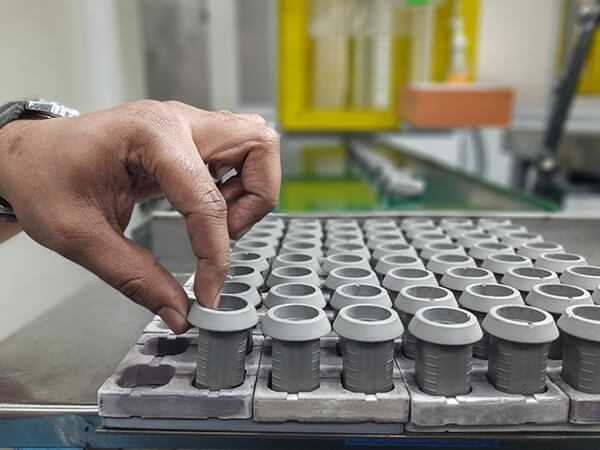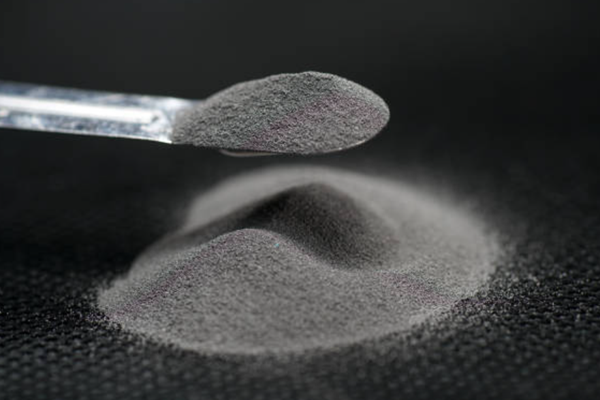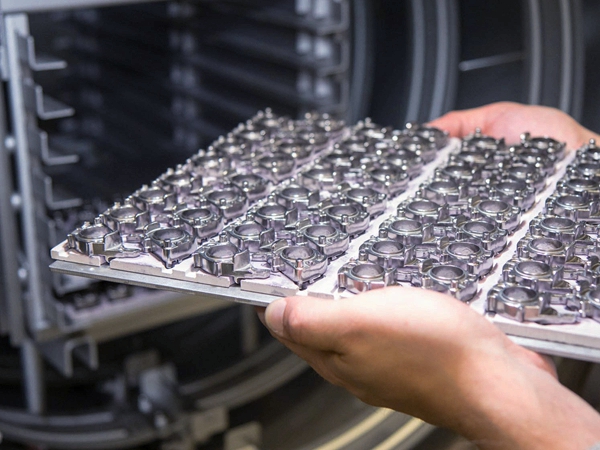Thermosets
Thermosets Injection Molding
Comparing thermosets injection molding service with thermoplastics injection molding service. Thermosets are known for their exceptional heat resistance due to their crosslinked structure. They retain their dimensional stability even at high temperatures, making them ideal for heat exposure or thermal cycling applications.
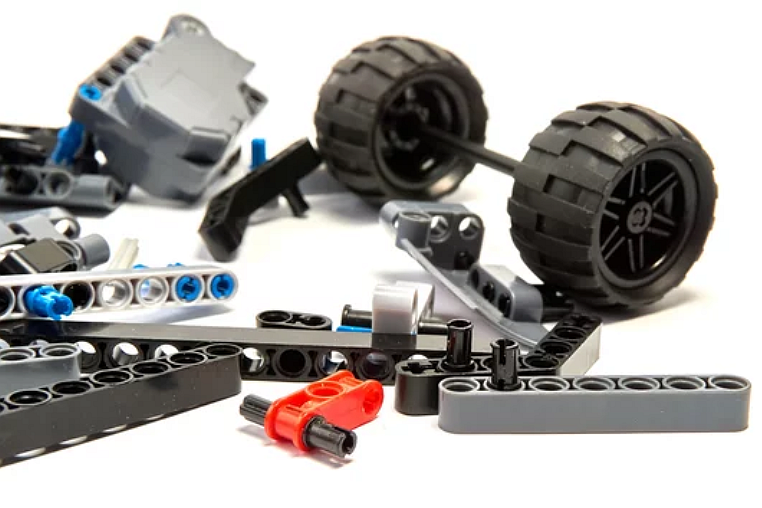
Thermoset injection molding parts offer advantages such as superior heat resistance, chemical resistance, electrical insulation, and mechanical strength compared to thermoplastics. However, the choice between thermosets and thermoplastics depends on the specific requirements of each application, including factors such as temperature, chemical exposure, mechanical stress, and aesthetic preferences.
Injection Molding Thermosets Materials Optional
Phenolic Resin (PF) - Good electrical insulation and heat resistance. Used for circuit boards and billiard balls.
Epoxy Resin (EP) - Strong adhesion and chemical resistance. They are used for coatings, adhesives, and encapsulants.
Urea-Formaldehyde Resin (UF) - High strength, scratch resistance. Used in electrical fixtures and appliances.
Polyurethane Resin (PUR) - Abrasion/tear resistance, versatility. They are used in rollers, machine parts, and foam.
Silicone - Heat/cold resistance, flexibility. Used for seals, gaskets, molds, and insulators.
Silicone Rubber - Excellent temperature stability. They are used for seals, tubing, and food molds.
Fluorosilicone - Extreme chemical inertness. They are used for seals, gaskets, and fuel system parts.
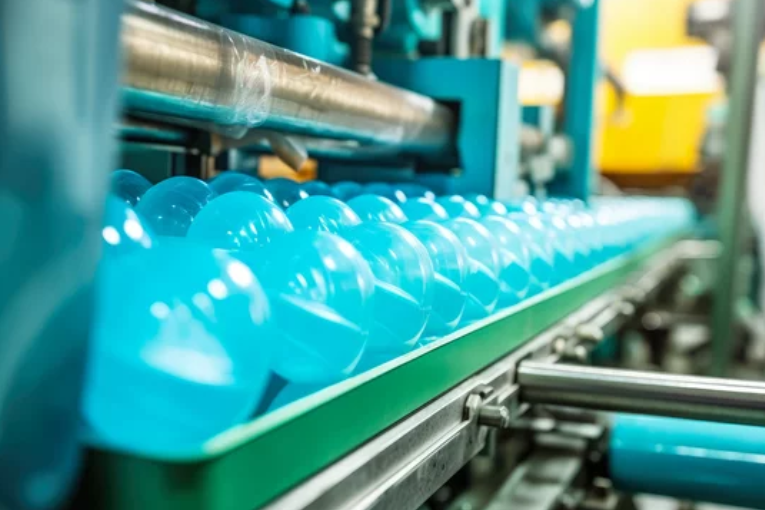
Thermoset Material | Key Features | Applications |
|---|---|---|
Phenolic Resin (PF) | Exceptional heat resistance, flame retardancy | Electrical switches, automotive components, consumer goods |
Epoxy Resin (EP) | Strong mechanical properties, adhesive capabilities | Electronics, aerospace, automotive, construction |
Urea-Formaldehyde Resin (UF) | Dimensional stability, good electrical properties | Electrical components, appliance handles, automotive parts |
Polyurethane Resin (PUR) | Flexibility, abrasion resistance, load-bearing capacity | Molded foams, industrial wheels, rollers, bushings |
Silicone | High-temperature resistance, electrical insulation | Coatings, electrical insulators, high-temperature components |
Silicone Rubber | Flexibility, tear strength, biocompatibility | Medical devices, automotive parts, consumer products |
Fluorosilicone | Enhanced chemical resistance, wide temperature range | Aerospace seals, automotive components, electronics connectors |
Injection Molding Thermoset Materials Comparison
Suitable thermoset resin is critical in injection molding to achieve desired performance and durability. Comparing potential materials provides an in-depth understanding of their thermal, mechanical, electrical, and processing characteristics. Analyzing fundamental properties like heat deflection temperature, tensile modulus, dielectric strength, and shrinkage rates enables prudent material selection aligned with application needs.
By benchmarking candidate thermosets, engineers gain invaluable insights into choosing a resin that will withstand expected temperatures, loads, and environmental factors. A rigorous comparison examines all specifications, from chemical resistance to viscosity profiles, elucidating how resins measure up. It ensures adequate material selection that upholds part quality and functionality. Informed by detailed performance data and processing considerations, engineers can confidently select an optimal thermoset material upfront, saving costly rework and driving a smoother injection molding process. In essence, thermoset comparison is due diligence that de-risks material selection for superior molded components.
Thermoset Material | Tensile Strength (MPa) | Tensile Elongation (%) | Flexural Modulus (GPa) | Flexural Strength (MPa) | Izod Impact Strength (J/m) | Heat Deflection Temp. (°C) | Melt Flow Rate (g/10 min) | Shrinkage (%) | Density (g/cm³) |
|---|---|---|---|---|---|---|---|---|---|
Phenolic Resin (PF) | 65 | 1.0 | 3.0 | 100 | 4.0 | 165 | N/A | 1.0 | 1.4 |
Epoxy Resin (EP) | 75 | 2.5 | 3.0 | 115 | 18 | 95 | N/A | 1.0 | 1.2 |
Urea-Formaldehyde Resin (UF) | 65 | 6.0 | 2.5 | 100 | 9.0 | 95 | N/A | 0.5 | 1.5 |
Polyurethane Resin (PUR) | 40 | 300 | 2.0 | 60 | 15 | 60 | N/A | 1.0 | 1.2 |
Silicone | 10 | 200 | 1.5 | 8 | N/A | 220 | N/A | 1.5 | 1.2 |
Silicone Rubber | 15 | 500 | 2.0 | 10 | N/A | 180 | N/A | 1.5 | 1.2 |
Fluorosilicone | 12 | 150 | 2.0 | 8 | N/A | 235 | N/A | 1.5 | 1.5 |
Key Features and Applications of Thermosets
Phenolic Resin (PF):
Key Features: Exceptional heat resistance, flame retardancy, excellent electrical insulation.
Applications: Electrical switches, automotive components, consumer goods.
Reasons: Due to its inherent flame-retardant properties, phenolic Resin is preferred for applications requiring fire safety, such as electrical switches. Its excellent electrical insulation also makes it suitable for various electrical components.
Epoxy Resin (EP):
Key Features: Strong mechanical properties, adhesive capabilities, and chemical resistance.
Applications: Electronics (circuit boards, encapsulation), aerospace (composite parts), automotive (adhesive applications), construction (structural components).
Reasons: Epoxy Resin is chosen for its adhesive properties, making it an excellent choice for bonding applications in electronics and construction. Its mechanical strength and chemical resistance make it ideal for various demanding industries.
Urea-Formaldehyde Resin (UF):
Key Features: Good dimensional stability, cost-effectiveness, and electrical properties.
Applications: Electrical components (plugs, sockets), appliance handles, automotive parts (interior components).
Reasons: Urea-Formaldehyde Resin is cost-effective and offers good dimensional stability, making it suitable for applications where precision and cost-efficiency are priorities.
Polyurethane Resin (PUR):
Key Features: Flexibility, abrasion resistance, load-bearing capacity.
Applications: Molded foams (seat cushions, padding), industrial wheels, rollers, and bushings.
Reasons: Polyurethane Resin is known for its flexibility and resilience, making it an ideal choice for cushioning or repeated impact applications.
Silicone:
Key Features: High-temperature resistance, excellent electrical insulation, biocompatibility.
Applications: Coatings, electrical insulators, high-temperature components, medical devices.
Reasons: Silicone's high-temperature resistance and biocompatibility make it suitable for various applications, from high-temperature components to medical devices.
Silicone Rubber:
Key Features: Flexibility, tear strength, biocompatibility.
Applications: Medical devices (implants, tubing, seals), automotive parts (gaskets, seals), and consumer products.
Reasons: Silicone Rubber's flexibility and biocompatibility make it a preferred material for applications requiring elasticity and interaction with the human body, such as medical devices.
Fluorosilicone:
Key Features: Enhanced chemical resistance, wide temperature range.
Applications: Aerospace (seals, gaskets), automotive (engine components, O-rings), electronics (connectors).
Reasons: Fluorosilicone's chemical resistance and ability to withstand extreme temperatures make it valuable in demanding environments, such as aerospace and automotive applications.
How to Select Thermosets for Injection Molding Parts
When selecting thermosets for injection molding parts, several crucial considerations come into play to ensure optimal performance, quality, and suitability for your specific application. Here are the key factors to keep in mind:
Application Requirements: Understand your injection molding parts' functional and environmental demands. Consider factors like temperature range, mechanical stress, chemical exposure, electrical properties, and wear resistance.
Material Properties: Evaluate the material properties of different thermosets, including tensile strength, flexural modulus, impact resistance, heat deflection temperature, and dimensional stability. Match these properties with your application's needs.
Processing Conditions: Assess the compatibility of thermoset materials with your injection molding equipment and processes. Consider curing time, temperature, pressure, and cycle times required for successful molding.
Part Design and Complexity: Different thermosets exhibit varying flow characteristics during molding. Consider the complexity of your part's design and features to select a material that can adequately fill intricate details and geometries.
Chemical Compatibility: Evaluate the resistance of thermoset materials to chemicals, solvents, and environmental factors present in your application. Ensure the chosen material can withstand these conditions without degradation.
Mechanical Requirements: Align the mechanical properties of the thermoset with the load-bearing, impact, and structural demands of your parts. Choose a material that offers the required strength, stiffness, and durability.
Electrical Properties: If your application involves electrical components, consider the thermoset material's electrical insulation and conductivity properties to prevent short circuits or interference.
Regulatory and Compliance Standards: Check if your industry has specific regulatory requirements or standards that impact material selection. Ensure the chosen thermoset meets relevant certifications and compliance criteria.
Cost Considerations: Balance material cost, processing costs, and potential waste when evaluating different thermosets. Consider long-term cost benefits, such as extended part lifespan or reduced maintenance.
Environmental Impact: Assess the environmental sustainability of the thermoset material. Consider factors like recyclability, biodegradability, and whether the material aligns with your organization's sustainability goals.
Tooling and Processing Compatibility: Ensure the thermoset material is compatible with the tooling and processing equipment used in your injection molding operations. Verify that the material can be processed efficiently without causing excessive wear on molds or machinery.
Color and Aesthetics: Consider any specific color requirements or desired aesthetics for your parts. Some thermosets may offer better color stability and surface finish than others.
Prototype and Testing: Create prototypes using the chosen thermoset materials to evaluate real-world performance before committing to mass production. Testing can help identify any issues and refine the material selection.
Partner With Neway on Thermosets Injection Molding
Elevate your injection molding projects with the expertise of Neway. Boasting an impressive 30 years of experience, Neway specializes in crafting top-notch custom injection molding parts. Neway's versatile services cover it all, whether metal, ceramic, or plastic injection molding. Neway seamlessly blending innovation with precision ensures that every product meets the highest quality standards. Plus, with a limited-time offer for new customers, you can enjoy a substantial 20% discount on your initial order—a compelling opportunity to witness firsthand the excellence that sets Neway apart in the industry. -Rotor Clip GmbH
With over a decade of experience using Neway for thermosets injection molding, I can't recommend them enough. Their experts always deliver high-quality parts on time and within budget. Whether complex MIM components or precision CIM geometries, Neway has the technical mastery to produce precisely what we need. I genuinely value their responsiveness and commitment to excellence as a loyal customer. Neway has earned our trust.
Titanex Aerospace achieved success with Neway's thermosets injection molding. Neway provided high heat-resistant phenolic parts precisely engineered to withstand supersonic speeds. Their material expertise allowed for customizing resins for optimal strength and weight. Neway's consistent on-time deliveries at scale enabled ABC to gain a competitive advantage. The VP of Engineering confirmed Neway became their trusted manufacturing partner.
